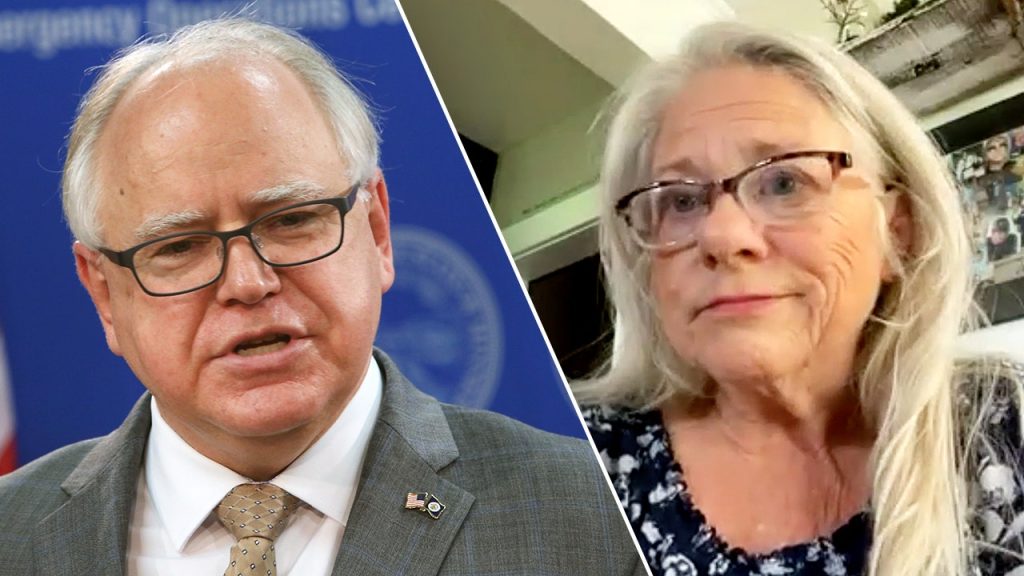Kim Friesen, a local private school superintendent in Minnesota, believes that Gov. Tim Walz’s policies have had a negative impact on education in the state. She feels that Walz has ignored rural Minnesota and broken trust with residents during the coronavirus pandemic by not listening to their unique problems, such as connectivity issues for online learning. Friesen criticized Walz for focusing on the metropolitan areas of the state and neglecting the needs of rural communities, which she believes has resulted in a lack of attention and care for all Minnesotans.
During the pandemic, Friesen observed that rural families faced obstacles to meeting online learning requirements, such as lack of internet access. She feels that Walz did not prioritize the needs of rural areas, leaving them to struggle without proper support and infrastructure. Friesen expressed disappointment in Walz’s apparent lack of interest in connecting with rural Minnesotans. She believes that his policies and decisions have been self-focused rather than people-focused, and she questions his ability to lead both the state and potentially the nation based on his current approach.
Friesen also expressed concern about the potential impact of a Harris-Walz administration at a national level. She criticized Walz’s decision to make Minnesota a “trans refuge state,” allowing minors from out of state to receive transgender surgical procedures and hormone prescriptions. Friesen believes that this policy undermines parental authority and goes against her beliefs about parenting and government involvement in children’s lives. She expressed skepticism about Walz and Vice President Kamala Harris’s readiness to lead the nation, citing their lack of experience and what she perceives as distorted views on moving forward.
One of Walz’s former students, who chose to remain anonymous, shared negative experiences from their time in his high school classroom. The former student described Walz as a belittling teacher who showed favoritism towards liberal students and mistreated conservative students. They also criticized Walz for allegedly abandoning his crew during a war, leading to a loss of respect and trust in his character. These personal anecdotes provide additional insight into the concerns raised by Friesen and others about Walz’s leadership style and character.
The interview with Friesen highlights broader concerns about the impact of Walz’s policies on education and rural communities in Minnesota. The lack of attention to connectivity issues for online learning and perceived neglect of rural areas have led to feelings of frustration and disappointment among residents, including Friesen. The potential implications of Walz’s policies at a national level, as well as concerns about his leadership style and character, are also discussed in the context of current challenges faced by Minnesotans during the pandemic and beyond.


